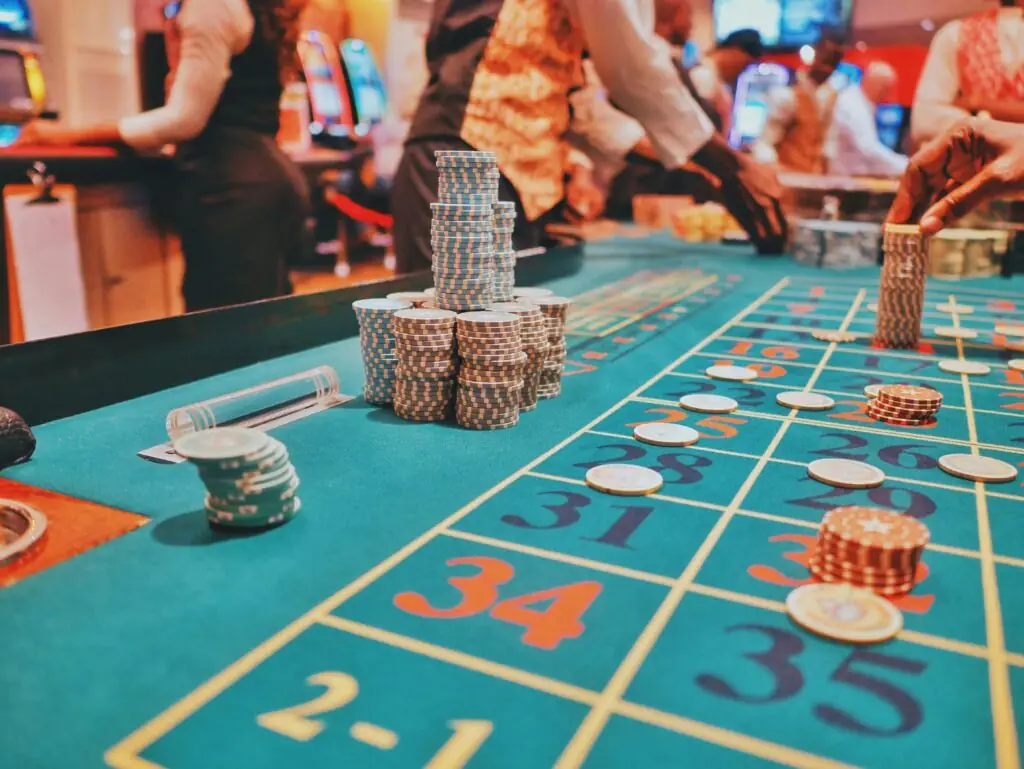Legal services
About gambling licences
If a business intends to provide gambling activities or services in Great Britain, then one of the first steps is to understand what, if any, licences or permits are required
Operating Licence
Operating Licences are issued by the Gambling Commission and authorise the holder to provide one or more of the specified facilities for gambling:
- Casino
- Bingo
- Betting (general)
- Betting (pool)
- Betting Intermediary
- Adult Gaming Centre
- Family Entertainment Centre
- Gaming Machine Technical, includes manufacture, development and supply
- Gambling Software
- Lottery and External Lottery Manager
An Operating Licence can be granted for ‘remote’ or ‘non-remote’ activities, depending on the way the facilities are provided:
- Remote licences are required where the gambling is provided through remote communication, such as the internet, telephone or television.
- Non-remote licences are required for conventional, land-based gambling where participation is not through remote communication, such as casinos, arcades, bingo halls and betting shops.
In considering an application for an Operating Licence, the Gambling Commission will scrutinise every aspect of the applicant’s business, including identify and ownership, finances, competence, policies, integrity and criminality.
The Gambling Commission’s regulatory framework means that once a licence is granted, an operator must carefully maintain their licence, for example by correctly reporting key events, submitting applications following changes of corporate control and ensuring up-to-date compliance through policies and procedures.

Gambling premises licence, personal licence & operating licence
Gambling Premises Licence
If a licensed operator wants to use a premises to provide facilities for gambling then, in most cases, they will need to apply to the relevant licensing authority for a Premises Licence. As with Operating Licences, there are different types of Premises Licences to authorise the provision of facilities for different types of gambling.
A premises can be licensed as a:
- Casino
- Betting premises (including race tracks)
- Bingo premises
- Adult Gaming Centre arcade; or
- Family Entertainment Centre arcade
A Premises Licence will only be issued to a business or person that holds, or has applied for, a relevant Operating Licence and each type of Premises Licence has specific application requirements.
In addition to Premises Licences, there are other forms of authorisation that a licensing authority may grant to a premises, such as Occasional Use Notices, Temporary Use Notices and various permits for prize gaming, club gaming, gaming machines on alcohol-licensed premises and unlicensed family entertainment centres.
Gambling premises licence, personal licence & operating licence
Gambling Personal Licence
There are two types of Personal Licence. These are issued by the Gambling Commission to individuals:
- Personal Management Licence (PML)
- Personal Function Licence (PFL)
A PML is required for individuals who perform any of the following functions for a licensed gambling operator:
Key management:
- Overall strategy and delivery of gambling operations
- Financial planning, control and budgeting
- Marketing and commercial development
- Regulatory compliance
- Gambling-related IT provision and security
Premises management:
- Regional or area management of gambling operations
- Casino and bingo premises management
Although it is the function of the individual and the not the job title that determines whether a PML is required, those in roles such as Chief Executive Officer, Managing Director, Chief Operating Officer, Operations Director, Financial Director or IT Director can expect to need a PML.
There is an exemption for the need to hold a PML for key management holders, where the functions are carried out by three or fewer people in the business. In this case the business is deemed a “small-scale operator” and individuals would complete the Annex A declaration process instead of obtaining a personal licence.
A PFL is required for individuals who perform any of the following operational functions:
- Any function which enables the person to influence the outcome of gambling
- Receiving or paying money in connection with gambling
- Manufacturing, supplying, installing, maintaining or repairing a gaming machine
This covers individuals who work in licensed premises carrying out roles such as croupiers, dealers, cashiers and pit bosses.
